On the afternoon of April 3, in Hanoi, the American Chamber of Commerce in Vietnam (AmCham) held a press conference to discuss trade relations between the two countries after President Donald Trump announced that he would apply a 46% reciprocal tax rate to Vietnam.
Speaking to the press, Mr. Adam Sitkoff, Executive Director of AmCham in Hanoi, said that the new tax rate imposed by the US could have a major impact on the Vietnamese economy and businesses, especially US businesses investing in Vietnam. The longer the 46% tax rate lasts, the more disadvantageous it will be for Vietnam.
Commenting on the 46% tax rate that the US government imposed on Vietnamese goods from April 9, Mr. Adam Sitkoff, Executive Director of AmCham Hanoi, said that Vietnam is one of the economies with the highest tax rate but still has a week for the two sides to negotiate.
Mr. Adam Sitkoff emphasized that 2025 is a year marking a special milestone in Vietnam - US relations when the two countries celebrate 30 years of normalization of relations.
In recent times, American investors have come to Vietnam, with a total investment capital of about 12 billion USD, creating many jobs for Vietnamese people, both directly and indirectly.
The US has also become Vietnam's number 1 export market, and the bilateral trade and investment foundation continues to be strengthened when the two countries establish a comprehensive strategic partnership in September 2023. In return, American people are also receiving high-quality, low-priced goods from many things made in Vietnam. Many of them are from foreign companies such as Samsung, Apple, Nike and hundreds of other businesses...
The fact that the two countries have upgraded their relationship to a Comprehensive Strategic Partnership has created certain advantages and positivity when the leaders of the two countries sit down to negotiate this tariff level.
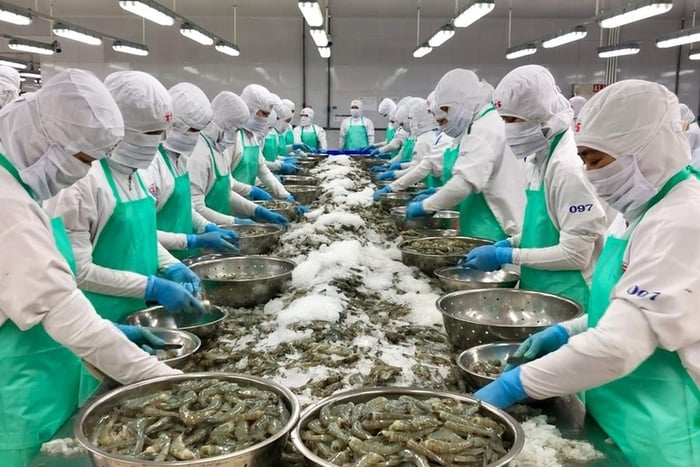
Vietnam's seafood industry forecasts that export turnover to the US will exceed 2 billion USD in 2025. Illustrative photo
AmCham leaders commented that although the current situation poses many challenges, with a history of flexible and skillful negotiations, Vietnam can negotiate to reach a reasonable agreement, protecting the economic interests of both sides.
Therefore, Vietnam needs to outline its plan and observe how other countries that are also subject to reciprocal tariffs implement their steps. Not only Vietnam, the governments of the taxed economies will also take actions with the US to reach an agreement that is most beneficial to both sides. In particular, it should not impose tariffs or erect trade barriers in "retaliation".
In response to concerns about whether high tariffs will cause supply chain shifts, AmCham asserted that it is not easy to move supply chains from one country to another because it is too costly.
"I take the example of Nike shoes or Adidas or anything else. We know why many companies choose to produce everything in Vietnam instead of producing everything in Texas. They also cannot move their production chain to Texas or Australia in a short time" - Amcham leader said.
Many companies have long-term projects and long-term commitments to Vietnam and that will continue. Building an investment project is very laborious, time-consuming, and requires many processes, and in terms of policy, Vietnam has done well in the past to promote economic development. However, in the coming time, Vietnam needs to have more specific policies to move towards a trade balance with the US.
Source: https://phunuvietnam.vn/giam-doc-amcham-nguoi-dan-my-nhan-duoc-hang-hoa-chat-luong-cao-gia-thap-tu-viet-nam-20250403205251042.htm



![[Photo] Prime Minister Pham Minh Chinh chairs the fourth meeting of the Steering Committee for Eliminating Temporary and Dilapidated Houses](https://vphoto.vietnam.vn/thumb/1200x675/vietnam/resource/IMAGE/2025/5/11/e64c18fd03984747ba213053c9bf5c5a)
![[Photo] National Assembly Chairman works with leaders of Can Tho city, Hau Giang and Soc Trang provinces](https://vphoto.vietnam.vn/thumb/1200x675/vietnam/resource/IMAGE/2025/5/11/c40b0aead4bd43c8ba1f48d2de40720e)
![[Photo] Discover the beautiful scenery of Wulingyuan in Zhangjiajie, China](https://vphoto.vietnam.vn/thumb/1200x675/vietnam/resource/IMAGE/2025/5/11/1207318fb0b0467fb0f5ea4869da5517)

![[Photo] National Assembly Chairman Tran Thanh Man attends the Party Congress of the Committee for Culture and Social Affairs](https://vphoto.vietnam.vn/thumb/1200x675/vietnam/resource/IMAGE/2025/5/11/f5ed02beb9404bca998a08b34ef255a6)
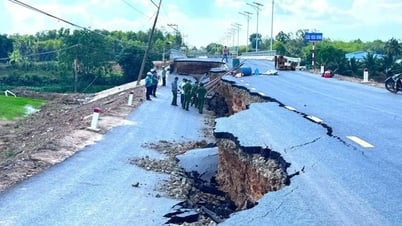
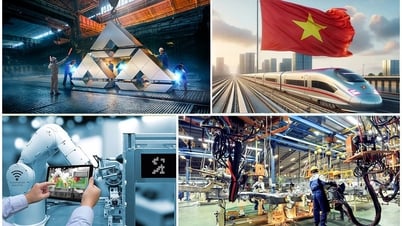

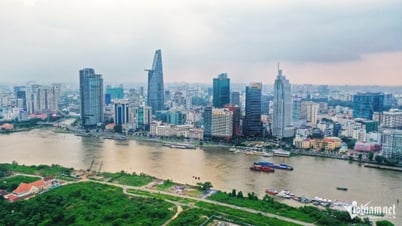

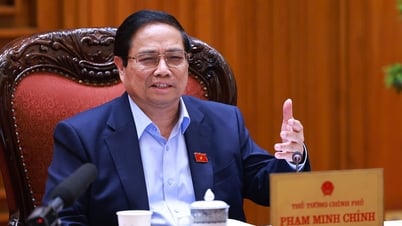




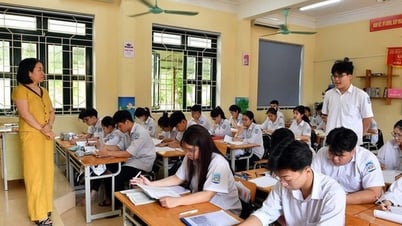
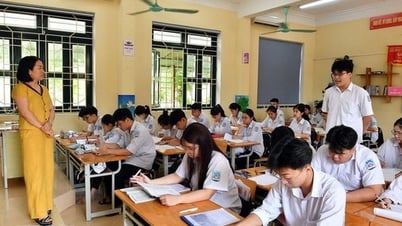
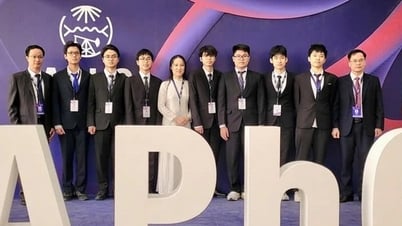
























































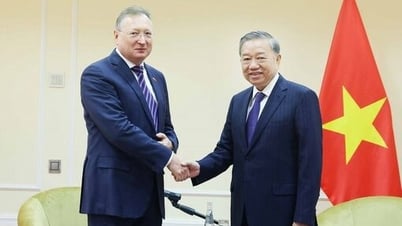












Comment (0)